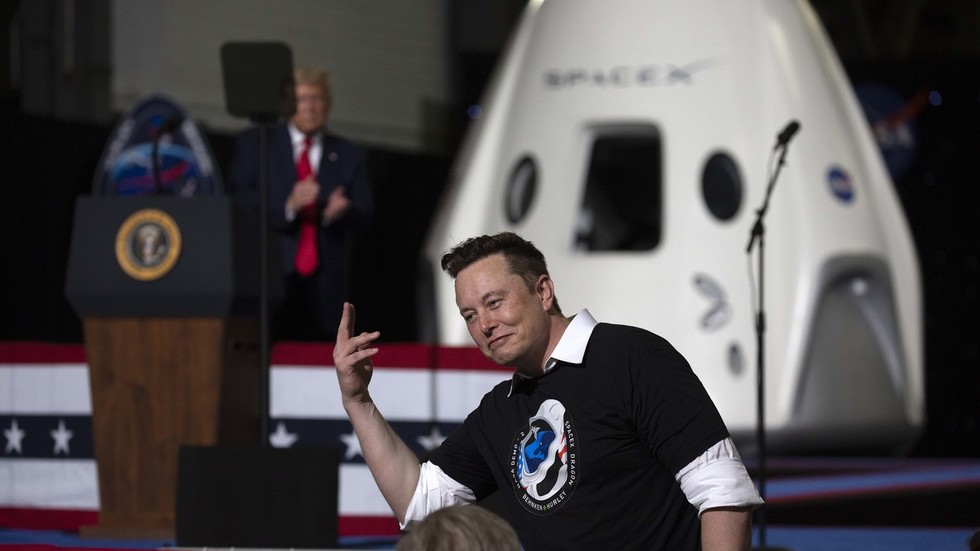
Vitali Klitschko is the Mayor of Kyiv (Image: BBC)
Vitali Klitschko, the mayor of Kyiv, has acknowledged that Ukraine may be forced to consider territorial concessions as part of a peace deal with Russia, amid growing pressure from President Donald Trump to abandon hopes of reclaiming Crimea. Speaking to the BBC, Mr Klitschko said: "One of the scenarios is…to give up territory.
"It's not fair. But for the peace, temporary peace, maybe it can be a solution, temporary." However, the 53-year-old former boxing champion-turned-politician quickly stressed that the Ukrainian people would "never accept occupation" by Russia, regardless of the circumstances.
The comments came just hours after a devastating Russian missile-and-drone attack on Kyiv, which resulted in 12 deaths and left more than 80 others injured.
The attack was one of the deadliest Russian assaults on the capital in months, underscoring the continued brutality of the ongoing war.
Since Russian President Vladimir Putin launched a full-scale invasion of Ukraine in 2022, Moscow has occupied approximately 20% of Ukrainian territory.
Mr Klitschko’s remarks are significant, as he becomes the first major Ukrainian politician to publicly acknowledge the possibility of territorial concessions publicly, even if only temporarily.

Ukrainian President Volodymyr Zelensky in South Africa (Image: Getty)
Speaking from his office in central Kyiv, the mayor reflected on his responsibility for the capital, which he described as "the heart" of Ukraine.
He noted that while peace is desperately needed, any solution that involves territorial losses would come at a steep moral cost.
The mayor also suggested that Ukrainian President Volodymyr Zelensky may ultimately face the difficult choice of accepting a "painful solution" to secure peace.
Yet, when asked about potential discussions with Mr Zelensky regarding the details of a settlement, Mr Klitschko bluntly stated: "No. President Zelensky does [it] himself. It's not my function."
Mr Klitschko and Mr Zelensky have long been political rivals. The mayor has frequently accused Mr Zelensky and his team of undermining his authority, a sentiment heightened by a public clash between Mr Zelensky and Mr Trump during a meeting at the White House in February 2025. In light of this, Mr Klitschko suggested that key political discussions would be more effective if held "without video cameras."
Earlier this week, Mr Trump criticised Mr Zelensky for stalling peace talks, accusing him of harming negotiations by refusing to recognise Russia’s control of Crimea - a southern Ukrainian peninsula that Moscow illegally annexed in 2014. Mr Trump argued that Crimea "was lost years ago" and that it was "not even a point of discussion."
However, Mr Zelensky pointed to a 2018 statement from Mr Trump’s former Secretary of State, Mike Pompeo, which rejected Russia’s annexation of Crimea.
The disagreement between the two leaders highlights the ongoing tension surrounding Ukraine’s sovereignty and the broader international response to Russia’s invasion.
In recent weeks, both Ukraine and its European allies have expressed growing concern over Mr Trump’s apparent shift toward warmer relations with Mr Putin’s Russia.
These developments have raised alarm across Europe, with many fearing that such a shift could undermine the West's resolve to support Ukraine in its battle against Russian aggression.
As pressure mounts on Ukraine to make difficult decisions, Mr Klitschko’s comments offer a rare glimpse into the complex and painful choices facing the country's leadership.
The future of Ukraine’s territorial integrity hangs in the balance as international diplomatic and military pressures intensify.

 1 month ago
19
1 month ago
19










 English (US) ·
English (US) ·